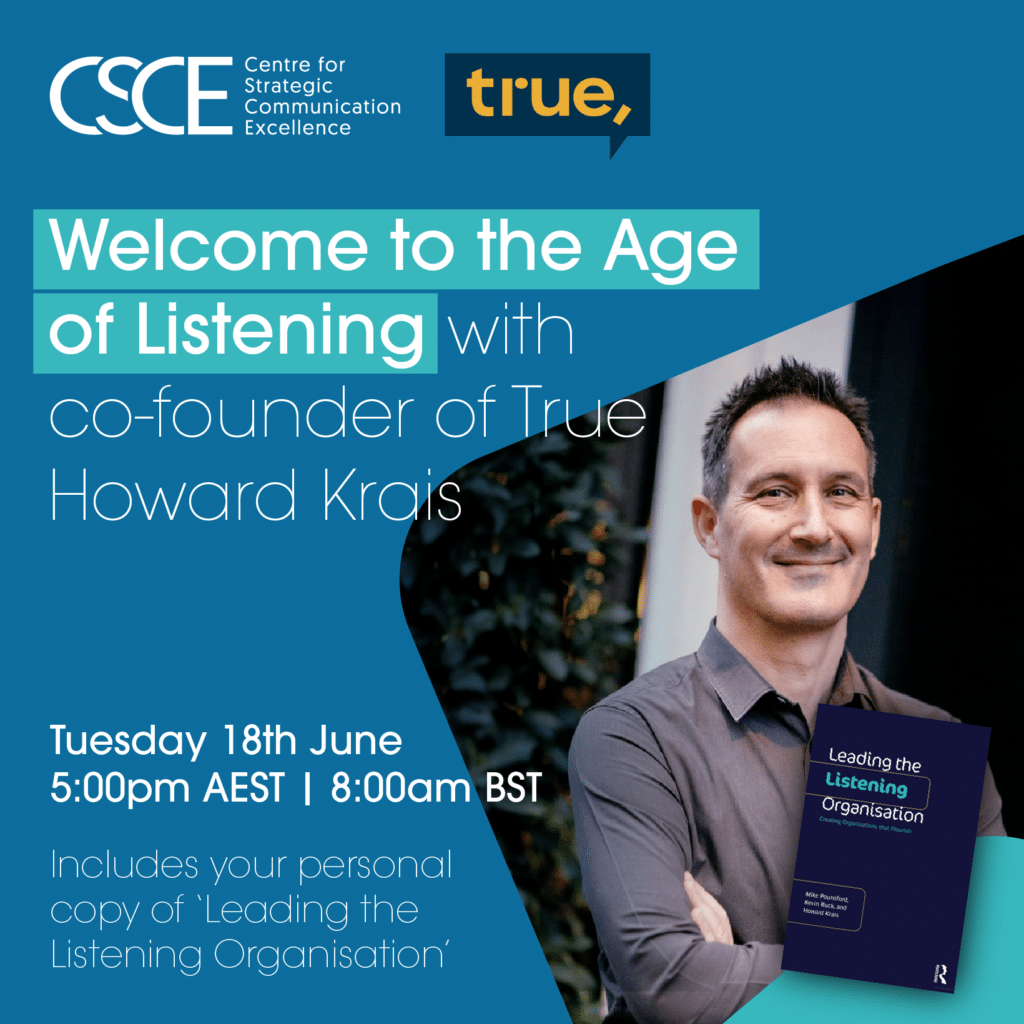Can reputation actually be measured?
I was asked this very question at a recent virtual networking event. In my opening spiel, I had talked about reputation as a very valuable asset.
So, I decided to take a deeper dive into reputation, its value and actually what factors impact reputation. You might be very surprised at the findings. Read on.
In a crisis, would your reputation hold its value or take a deep dive?
When I ask that what a reputation is worth in talks and workshops on managing reputational risk, few, if any leaders can nominate an amount. Yet study after study – from Deloitte to Reputation Dividend to Weber Shandwick – shows reputation to be worth somewhere between an average of 25% and 38%, and as high as 63%, of market cap or annual turnover.
And in a highly connected world where customers, operations, supply chains and internal and external stakeholders are scattered across the planet – and where reputations can be globally attacked with just a few keystrokes – it’s highly likely that those percentages would be even higher, particularly in this COVID crisis.
To highlight just how important reputation is, let’s look at an example, using the midpoint average of 38%. Let’s imagine, for a minute, you’re Apple with a staggering market cap of $1.69 trillion, then your reputation would be worth a tidy $642billion. (Maths wasn’t my strong suit, so hopefully I’ve got that right!)
Closer to home, let’s look at the Commonwealth Bank, Australia’s largest bank and one of the largest companies in the country. Its market cap is $128.59 billion. At 38%, its reputation is worth $48,864,200,000! Yup, a lot of money.
So what is your reputation worth? Go on do the maths, on market cap or annual turnover.
The question then becomes, what are you doing to protect and enhance that very valuable asset?
While reputation was largely thought to be driven by perception, the 2020 Weber Shandwick State of Corporate Reputation showed that reputation today is “omnidriven.”
As the report explains, “everything matters today, from quality of employees, to quality of products, to financial performance, to corporate culture, to community.”
The list goes on. Indeed, there are now 23 factors that impact reputation, according to the Weber Shandwick Report. The top three are:
- Quality of products or services
- Quality of employers
- Quality of customer service
Notably, the 2020 Report was released early in the year, based on 2019 research; it will be interesting to what impact COVID has had on corporate reputation.
What we do know now, based on the Edelman Trust Barometer Special COVID report, is that organisations that put people before profit are faring better than organisations that are putting profit before people. I wrote about this in April on my blog.
And as American business tycoon, Warren Buffet, says:
“It takes 20 years to build a reputation and five minutes to ruin it. If you think about that, you’ll do things differently.”
So what are some things that need to be done differently?
- Understand, very clearly, where your stakeholders are hanging out – not just where you want to be. For example, you’re hanging out on Facebook, busily monitoring, but your priority stakeholders are somewhere else.
- Incorporate a vigorous issues management system – an early warning system – into your operational decision-making. Catching an issue early will save you precious time and money when a crisis hits.
- Rank your stakeholders against issues and risks. Who will see the issue the same way? What are their preferred communication methods? For example, if a stakeholder rates, say an 18 or 19 (out of 20), that will mean call.
- Develop protocols, policies and processes that allow a 15-minute response in a crisis. Templates and toolkits will give you a head start.
- Build a crisis-ready mindset in your organisation. “Bad behaviour” triggers a crisis, so reward collaborative, co-creation culture that values open and transparent communication.
Start now to build your reputational assets.





